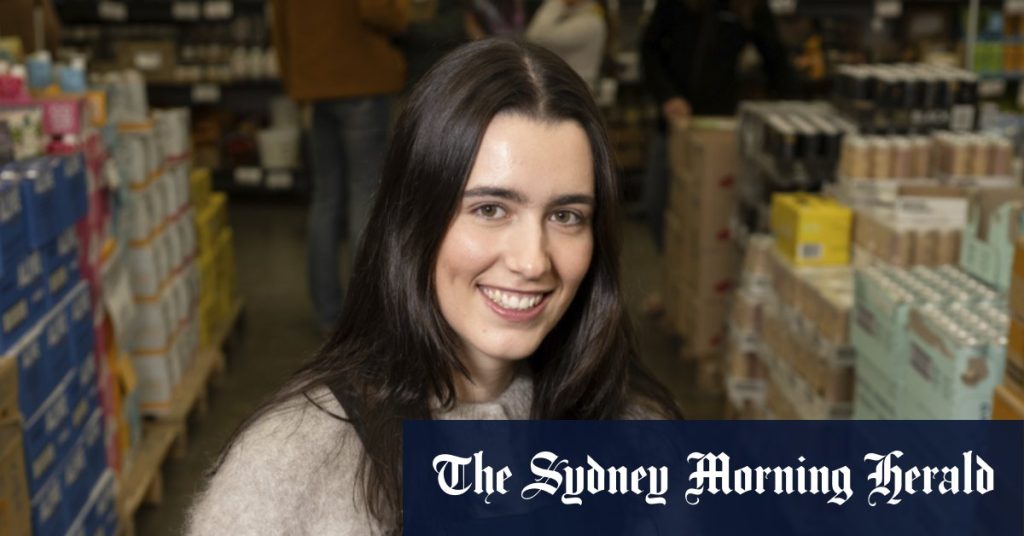Cheaper Buy Miles and NQR are discount stores with a similar business model; they buy products direct from manufacturers, often when they have over-produced or are approaching their best-before dates, and haggle over prices to offer low prices to customers. While they do not sell fresh produce, their stock fluctuates, leading regular visitors to supplement their purchases with trips to the supermarket. Cheaper Buy Miles has stores in inner suburbs like Footscray, Brunswick, Flemington, and Fitzroy, while NQR has 21 stores in Victoria, mainly in larger outer suburbs.
Grant Miles opened the first Cheaper Buy Miles store in 1996 with the goal of fighting food waste. The business saw a surge in demand during the COVID-19 pandemic and continued growth amid high inflation and rising grocery bills. Customers flock to these stores for deals like $1 cartons of almond milk, $1 blocks of organic chocolate, $2 packs of baba ganoush, and $4 shampoo. The stores offer a variety of products, including a popular cheese selection and snack foods, and regularly introduce new suppliers to keep the stock diverse, with a focus on organic and vegan options.
Both Cheaper Buy Miles and NQR offer products nearing their best-before dates, with Best-before dates being more of a loose guide rather than a firm expiration date. Products are often still safe to eat after their best-before date if stored correctly. Miles allows canned goods to stay on the shelf for up to 12 months, hard cheese for three months, and soft cheese for one week. Chief executive Ewan Jones of NQR takes a similar approach, selling products nearing their best-before date but not after.
Jones explained that NQR has seen a surge in demand amid the cost-of-living crisis, with a quarter of their stock sold permanently just under market price, while the rest rotates based on what they can acquire cheaply from suppliers. The stores offer well-known brands and popular items like yoghurt, snacks, and freezer items, with bargains such as frozen broccoli for $10 and enchilada kits for $4. Jones changed the name of the company from Not Quite Right to NQR to address negative connotations and has focused on selling known brands to attract customers.
Customers at both stores enjoy the variety and the element of surprise in finding different products each day, making their shopping experience fun and adventurous. While shoppers cannot do all their shopping at these stores due to the fluctuating stock, they are drawn in by the low prices and the opportunity to save money. With growing awareness around food waste, these stores play a role in rescuing surplus products from going to landfill and offering them to customers at discounted rates. The success of these discount stores lies in their ability to adapt to changing market conditions and provide customers with affordable yet quality products.













